Meet Justice Dipak Mishra and his Notable Judicial decisions
- ByPravleen Kaur --
- 17 Jun 2025 --
- 0 Comments
Justice Dipak Misra served as the 45th Chief Justice of India from August 28, 2017, to October 2, 2018, concluding a notable 13-month tenure marked by transformative and sometimes controversial judgments. Born in 1953 in Odisha, Misra practiced widely in constitutional, civil, and criminal law before rising through the ranks as Chief Justice of the Patna and Delhi High Courts, and then as a Supreme Court judge from 2011.
Judicial Career and Philosophy
Justice Misra was known for his progressive outlook, strong advocacy for individual freedoms, and willingness to address contentious social issues. He believed justice must have a “human face” and consistently upheld the freedom of choice and dignity of the individual. Despite facing internal dissent within the Supreme Court and an unprecedented impeachment attempt, Misra remained committed to judicial independence and the supremacy of the Constitution.
Landmark Judgments
1. Decriminalization of Homosexuality (Navtej Singh Johar v. Union of India, 2018)
Justice Misra led the Constitution Bench that unanimously struck down Section 377 of the Indian Penal Code, decriminalizing consensual same-sex relations. This historic verdict affirmed the rights to equality, dignity, and privacy for LGBTQ+ individuals, overturning a colonial-era law and transforming India’s social landscape.
2. Right to Die with Dignity (Common Cause v. Union of India, 2018)
He authored the judgment recognizing the right to die with dignity, legalizing passive euthanasia and living wills under strict safeguards. This ruling empowered individuals to make end-of-life decisions, reinforcing autonomy and compassion in healthcare.
3. Aadhaar Judgment (K.S. Puttaswamy v. Union of India, 2018)
Justice Misra presided over the bench that upheld the constitutional validity of the Aadhaar program but imposed significant restrictions on its use, especially in private sector services, to protect citizens’ privacy and prevent misuse.
4. Sabarimala Temple Entry (Indian Young Lawyers Association v. State of Kerala, 2018)
In a landmark verdict, Misra led the bench that struck down the ban on women of menstruating age entering the Sabarimala temple, holding it unconstitutional and discriminatory. This judgment advanced gender equality and religious freedom.
5. Criminal Defamation (Subramanian Swamy v. Union of India, 2016)
Earlier, as a Supreme Court judge, Misra upheld the constitutionality of criminal defamation, balancing the right to free speech with the right to reputation.
Legacy
Justice Dipak Misra’s tenure is remembered for bold, progressive decisions that expanded civil liberties, gender equality, and privacy rights. Despite controversies and institutional challenges, his judgments have left a lasting imprint on Indian constitutional and social jurisprudence.

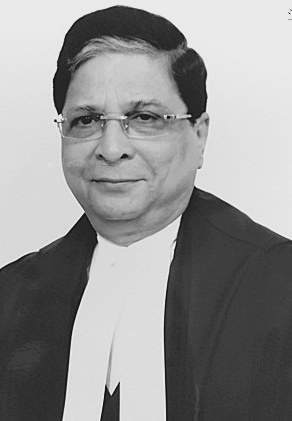












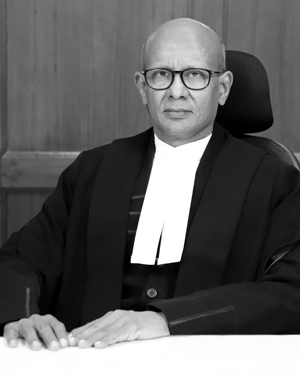
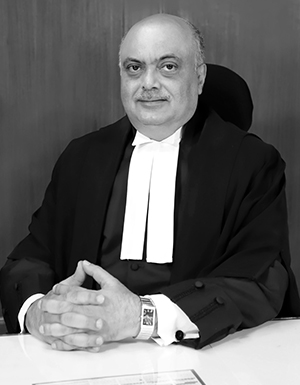
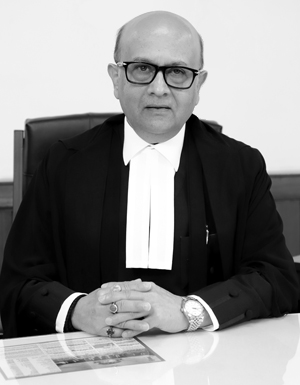



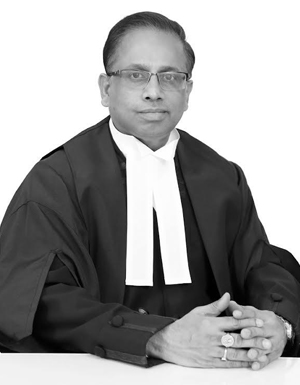

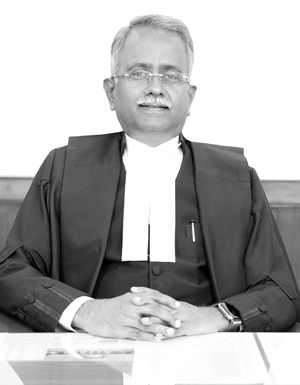
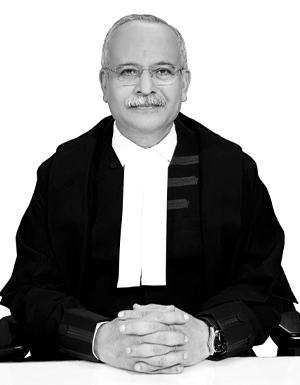

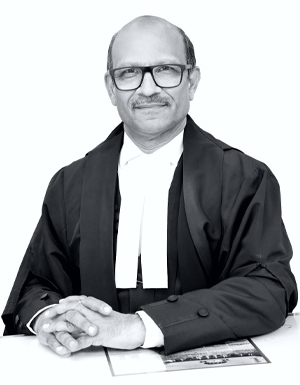



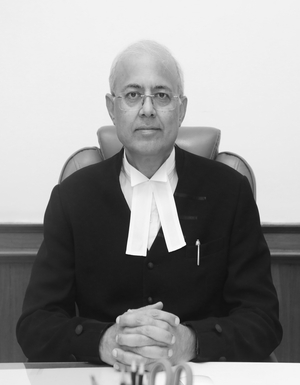


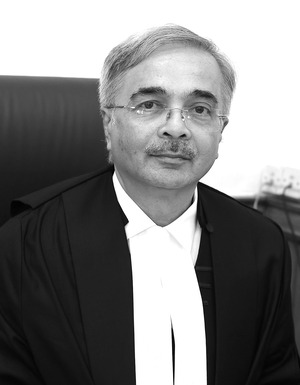
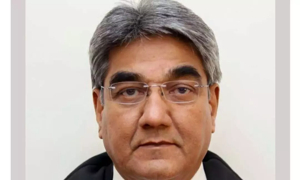
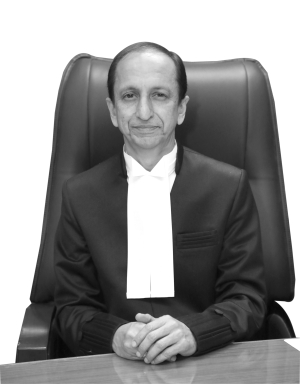

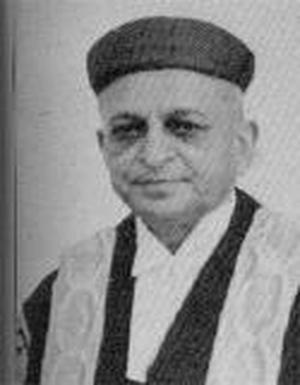
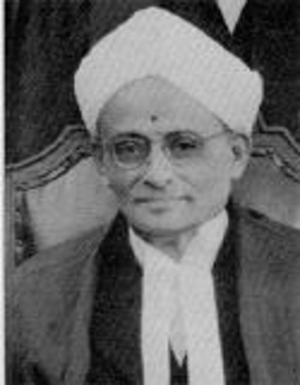
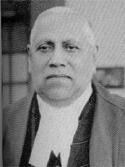
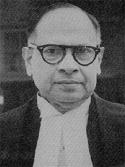
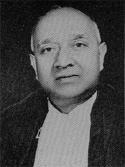

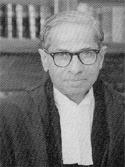
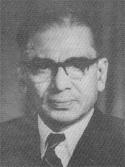
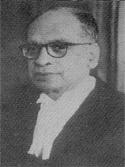
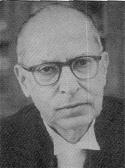

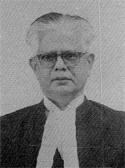




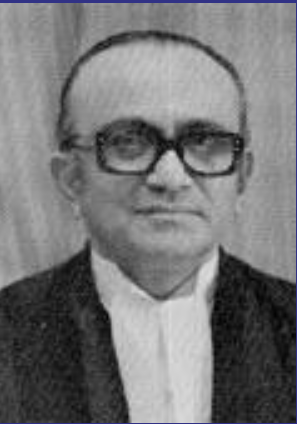


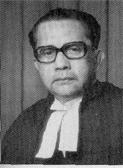

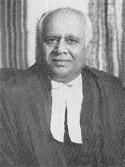


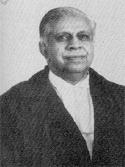

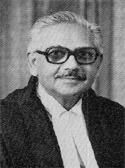








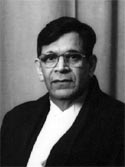
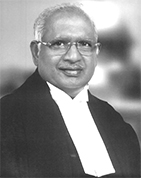
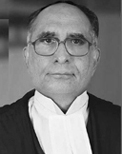
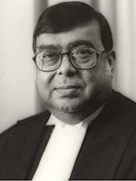





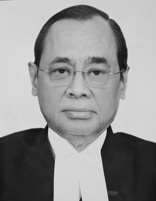



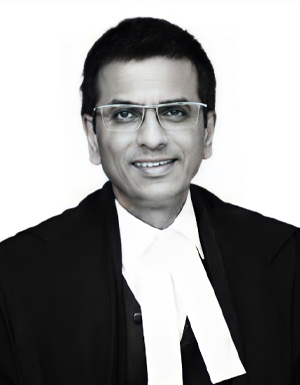

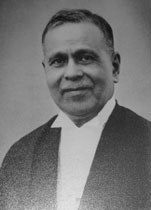
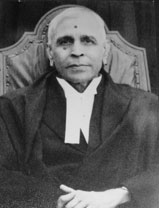
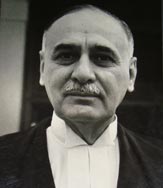
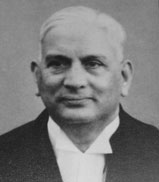
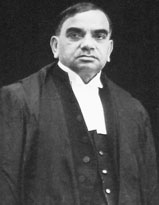

0 comments